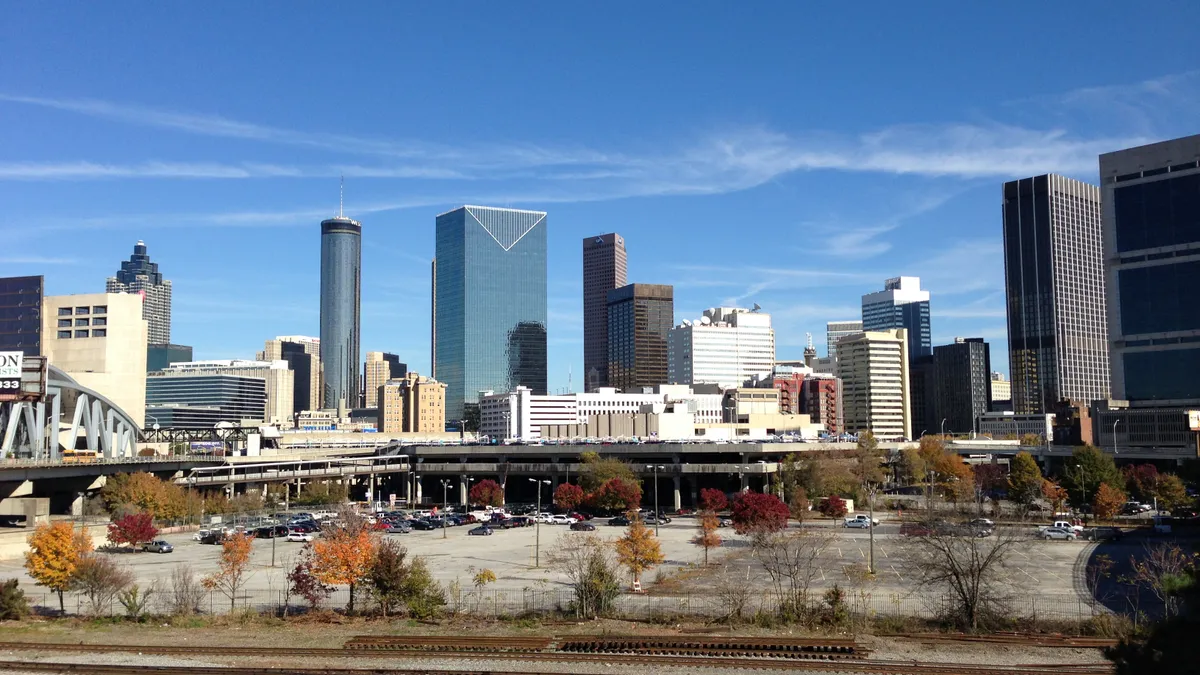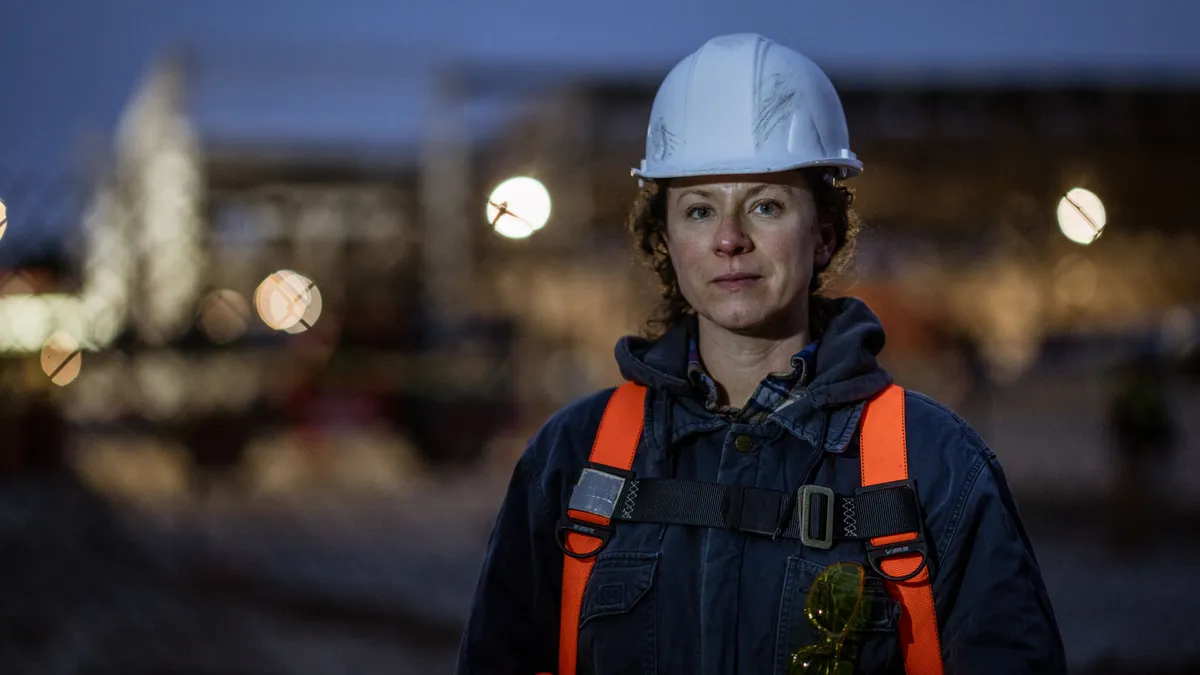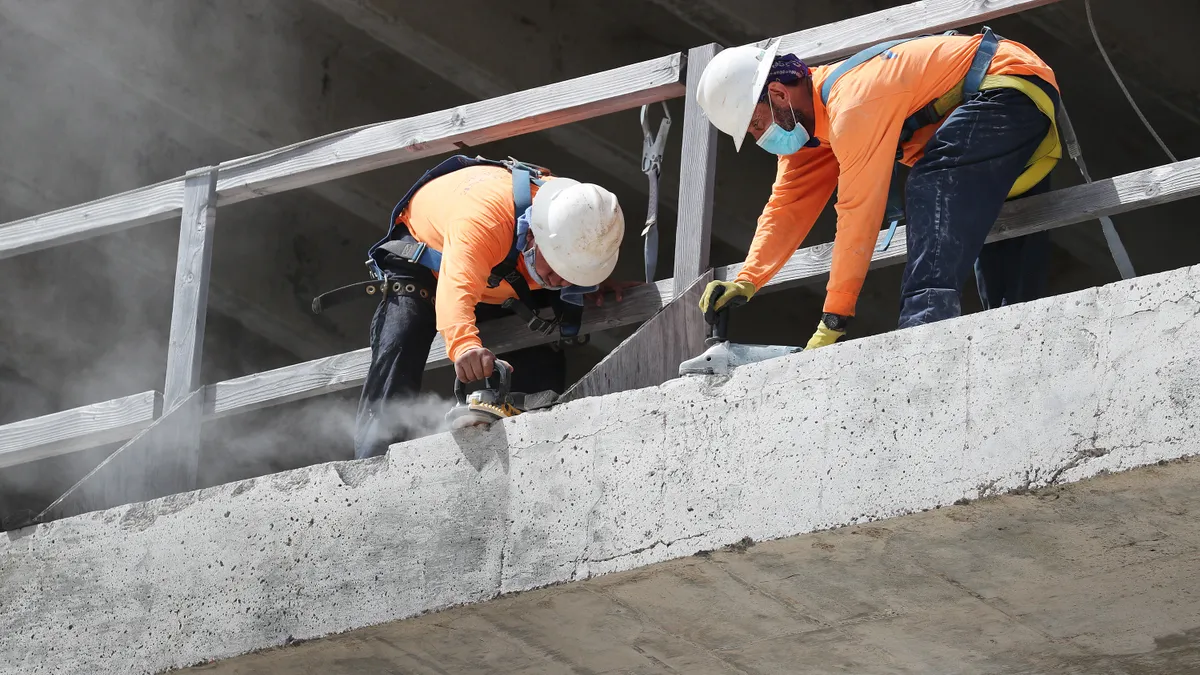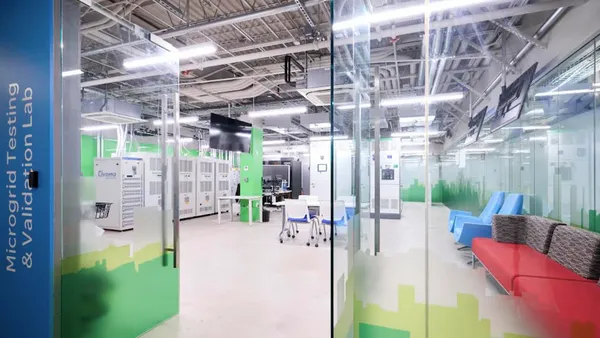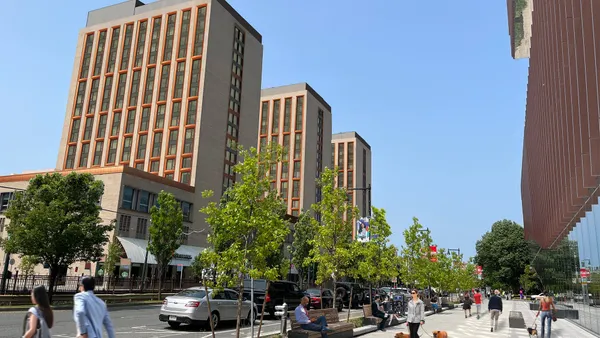Dive Brief:
- CIM Group, the company taking on the redevelopment of a 27-acre piece of property known as "the Gulch" in downtown Atlanta, could be in line for approximately $1 billion to $2 billion in public financing, according to the Atlanta Journal-Constitution.
- If CIM can bring $3.5 billion worth of development to the Gulch, according to a document obtained by the Journal-Constitution and Channel 2 Action News, then it would be eligible for $900 million from the city. If that level of development reaches $5 billion, then the project could receive up to $1.7 billion. The money would come from an extension of the existing Westside Tax Allocation District and through Enterprise Zone bonds. CIM is planning a "mini-city" with up to 9 million square feet of office space, 1 million square feet of retail, 2,100 apartments and 1,500 hotel rooms, according to Bisnow.
- Last December, when the Atlanta Constitution reported that CIM was planning the massive development, the assumption was that the developer and city were positioning it to be the potential new home of Amazon's $5 billion second North American headquarters, or "HQ2." However, according to the Atlanta Business Chronicle and a representative from Georgia Gov. Nathan Deal's office, Bisnow reported, developers and local officials are in talks with other companies interested in relocating to the Gulch, including a Fortune 500 company that could move its headquarters there, creating up to 600 new positions.
Dive Insight:
As for Amazon, analysts are still trying to beat the internet retailing giant to the punch by predicting which cities or regions are likely to be the company's choice for its new headquarters, an endeavor that is expected to create tens of thousands of jobs and transform the area, much like it did in Seattle, its current home. And as for the most recent talk in Atlanta about other companies moving into the Gulch, it's hard to imagine that the city wouldn't favor Amazon over the others.
CNBC scored the 20 finalists according to population, stability, talent and location and determined that A- candidates Dallas and Austin are the most likely choices because of the attractive business climate in Texas, solid infrastructure and a ready workforce. Atlanta, Boston, Denver, Miami, Nashville and Northern Virginia all scored a B+, followed by B entries Raleigh, North Carolina; Los Angeles; Indianapolis; and Columbus, Ohio. Chicago; Montgomery County, Maryland; Washington, D.C.; and Toronto all scored B-, followed by New Jersey's Newark, which scored a C+.


